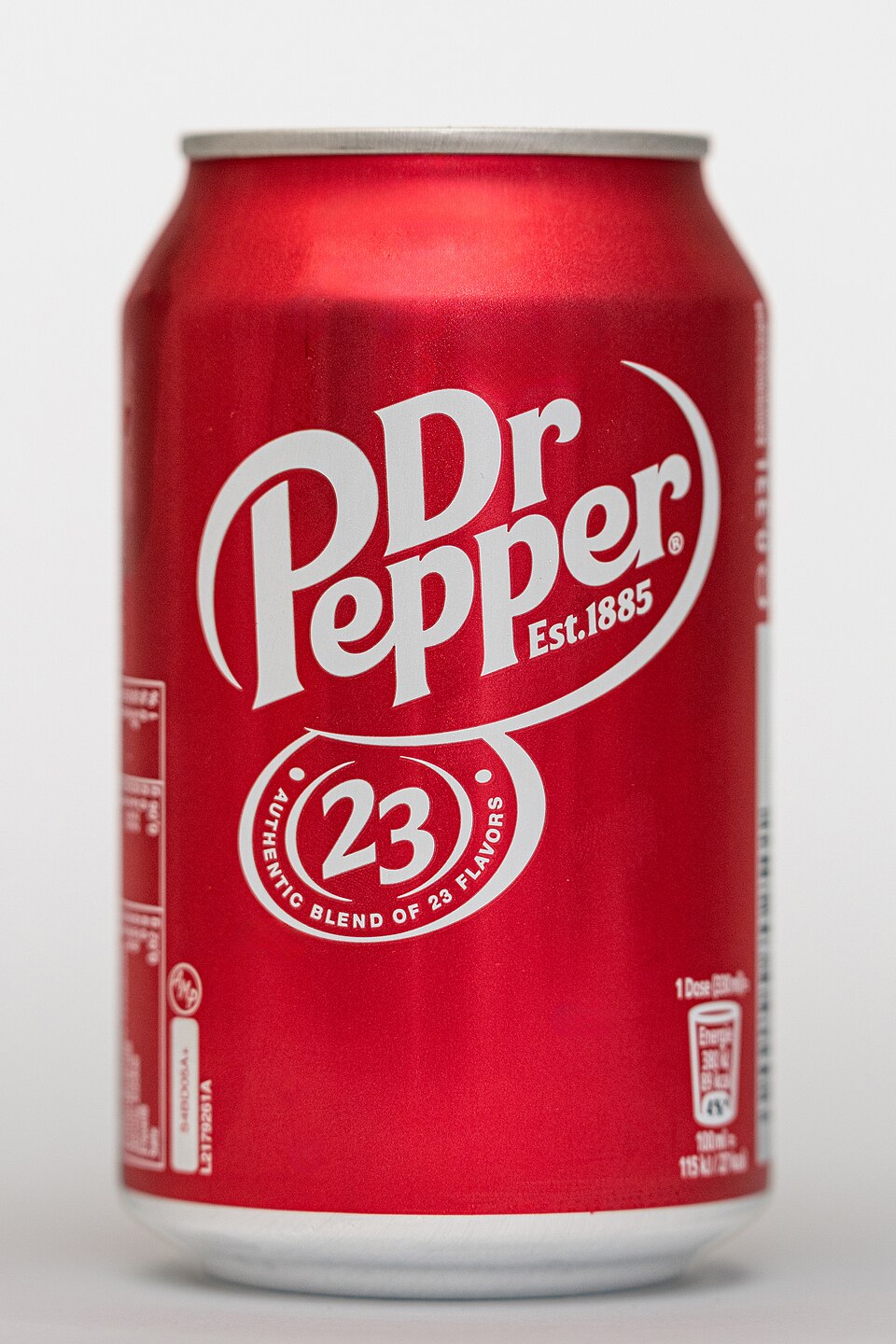Finding that Dr. Pepper Zero Sugar can in your fridge? Think twice before you pop it open. A recent Dr. Pepper recall revealed that thousands of zero-sugar cans actually contain full-sugar soda, posing serious health risks, especially for diabetics and sugar-sensitive individuals. Knowing the details can protect your health, help you avoid unwanted sugar, and ensure you’re not sipping the wrong stuff. Let’s break down why this recall matters, who it affects, and what steps you need to take now.
What Triggered the Dr. Pepper Recall
The Dr. Pepper recall began after quality control spotted a mismatch: cans labeled “Zero Sugar” packed full-sugar soda. The U.S. Food and Drug Administration (FDA) classified it as a Class II recall, meaning exposure could cause temporary or medically reversible health consequences. In total, about 19,203 cases of 12- and 24-packs of 12-ounce cans were affected. These cans were produced in Jacksonville, Florida, and shipped to Florida, Georgia, and South Carolina. Dr. Pepper and Pepsi Beverages Company initiated the voluntary recall once the error was confirmed.
Why It Matters to Diabetics and Sugar-Conscious Consumers
Each mislabeled can contains approximately 39 grams of sugar—a big deal for anyone monitoring glucose intake. The FDA warns that the Dr. Pepper recall isn’t just about upset stomachs—it’s about real health consequences for people with diabetes, hypertension, or dietary restrictions. Unexpected sugar can spike blood sugar levels and undermine strict diet plans. Even if you’re just watching calories, that extra sugar can derail progress. This isn’t a minor inconvenience—it’s a legitimate health hazard.
How to Identify Recalled Cans

By Holy-DYVR – Own work, CC BY-SA 4.0, https://commons.wikimedia.org/w/index.php?curid=151877409
Finding the specific cans is easy if you know what to look for. The recalled items bear the product code XXXXRS05165 and a “Best By” date of February 16, 2026. These were sold in 12- and 24-pack formats only, and no other packaging or flavors are affected. Check your pantry and fridge carefully—if you spot matching packs, set them aside. Any other Dr. Pepper Zero Sugar cans outside these specs are unaffected.
What You Should Do Now
If you’ve got the recalled cans, stop consuming them immediately. Dispose of them safely—or better yet, return them to the store where you purchased them for a full refund. If you’ve already consumed one and have health conditions, monitor your symptoms and consult your healthcare provider, especially if you notice blood sugar spikes or discomfort. Retailers are legally obligated to honor refunds, even without a receipt. And be sure to check with local news or FDA updates for newer recall information—you don’t want to miss anything.
The Bigger Recall Landscape
This Dr. Pepper recall is part of a larger wave of food and beverage recalls in 2025. In fact, even though recalls dipped, hospitalizations and deaths tied to contamination more than doubled last year. For example, Coca-Cola’s Topo Chico mineral water was recently pulled in several states for bacterial concerns. These trends highlight the importance of staying vigilant with consumables, especially labeled “diet,” “sugar-free,” or “zero.” A moment of caution can prevent health issues down the road.
Recalls like this one show why careful label-checking matters—even for beloved staples like Dr. Pepper. If a Dr. Pepper recall has affected you, take the right steps now: identify affected cans, stop consuming them, and seek a refund or replacement. Share this alert with your family, especially those with diabetes or strict dietary needs. Staying informed keeps everyone safer—and ensures soda-lovers can sip worry-free.
Did you find any recalled Dr. Pepper Zero Sugar cans in your home? How did you handle it? Share your experience and tips in the comments!
Read More
Here Are The Top 8 Reasons For Recalls In The U.S.
12 Types of Food Recalls and Contamination Scares Seen in Grocery Chains (And How to Stay Safe)

